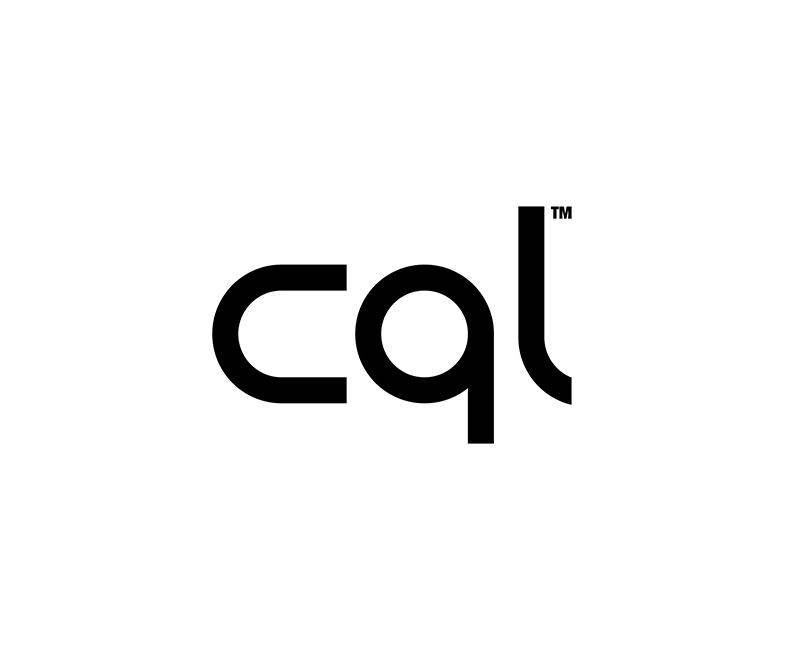Take your AI Capabilities beyond simple reasoning

A principled way to transform data
Reduce risk of failure through artificial intelligence.
Conexus CQL contains an embedded automated theorem prover that guarantees the correctness of CQL programs. For example, a CQL program cannot materialize an instance that violates a data integrity constraint. Such errors are detected at compile time, when they are easiest to fix.
Preserve data quality.
High-quality data is expensive to obtain, so it is important to preserve that quality throughout the data life-cycle. Conexus CQL programs evolve and migrate data in a mathematically universal way, with zero degradation. As such, data integrated by CQL has many advantages, including perfect provenance: every row in the output of a Conexus CQL program contains a lineage that describes exactly how that row was obtained from input data.
Increased developer productivity through higher-level abstractions.
Conexus CQL generalizes concepts from SQL using powerful principles from category theory. For example, CQL generalizes SQL’s select-from-where queries from returning single tables to returning many tables related by foreign keys. Such higher-level abstractions enable developers to be more productive.
Features Overview
Flexible I/O
Data can be imported into and exported out of CQL by JDBC-SQL, CSV, and more.
Stateless
CQL is not a database management system: it neither stores nor updates data. It is a canonical functional programming language and IDE whose scalability is similar to that of SQL and chase engines.
Computational Schemas
User-defined functions are part of CQL schemas and can be specified using java, javascript, or purely equationally. CQL’s theorem prover can reason about user-defined functions and how they relate to data integrity constraints.
100% Java
User-defined functions can be written in java or javascript, and a deep embedding of CQL into Haskell, in collaboration with Statebox, is under development.
Rich data integrity constraints
CQL schemas contain entities, attributes, and foreign keys – as well as equations between them. One use of equations is for denormalization without the need to manually enforce the consistency of redundant data.
More Principled than SQL
Relational concepts such as foreign keys re-appear, in a more principled form, in CQL. And CQL provides primitives that SQL lacks.
Features Overview
Flexible I/O
Data can be imported into and exported out of CQL by JDBC-SQL, CSV, and more.
Stateless
CQL is not a database management system: it neither stores nor updates data. It is a canonical functional programming language and IDE whose scalability is similar to that of SQL and chase engines.
Computational Schemas
User-defined functions are part of CQL schemas and can be specified using java, javascript, or purely equationally. CQL’s theorem prover can reason about user-defined functions and how they relate to data integrity constraints.
100% Java
User-defined functions can be written in java or javascript, and a deep embedding of CQL into Haskell, in collaboration with Statebox, is under development.
Rich data integrity constraints
CQL schemas contain entities, attributes, and foreign keys – as well as equations between them. One use of equations is for denormalization without the need to manually enforce the consistency of redundant data.
More Principled than SQL
Relational concepts such as foreign keys re-appear, in a more principled form, in CQL. And CQL provides primitives that SQL lacks.
Resources - Company - News - Contact - Privacy Policy
